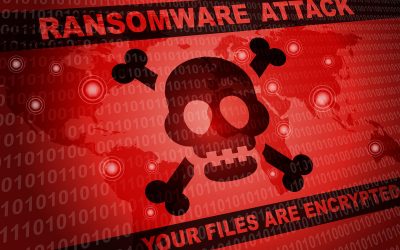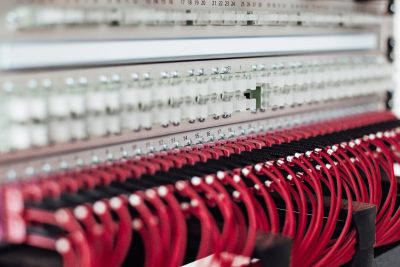Ransomware attacks can be extremely costly for businesses, and their frequency is on the rise. The ransom amount might range from thousands to millions of dollars. If the ransom is not paid or the attacker withholds the decryption key, the resultant data loss and downtime can bankrupt a company. Comparitech researchers examined historical share price data from 24 New York Stock Exchange businesses. We retrieved the closing share prices for each stock from six months before a ransomware assault was publicly announced up to three years later. We also separated the data based on the type of malware utilized, the period of the incidence, and the stock market industry.
However, how should investors respond to ransomware attacks? Do Wall Street share prices represent the damage and security posture of attacked companies? We’ll try to answer those queries in this report.
Also read,
Highlights of the analysis include:
- Share prices plunge by an average of 22% immediately following a ransomware attack.
- The initial drop is brief. Prices usually rebound within a day, and equities often outperform the market within 10 working days.
- Six months following a ransomware assault, share values rose 4.4 percent on average, surpassing the NASDAQ by 11.2 percent.
- Ryuk ransomware had the greatest negative impact on share price of any of the variants in stock market we studied.
- Despite a higher initial decline in share values following public exposure of an attack, tech companies outperformed non-tech companies six months later.
The negative impact on share price caused by a data leak is relatively transient. In the 24 hours following the public disclosure of an attack, stock values fell 22.9 percent. That is a significant decline, but prices recover nearly instantly the next day, and by day 10, are doing better on average than before the strike.
The average share price of the companies we looked at declined roughly 4.4 percent six months before the attack. Prices rose by 11.9 percent six months later, indicating that the average share price improved following a ransomware assault.
According to our second study, data breaches had a higher and longer negative impact on share price than ransomware, albeit only marginally. Also, keep in mind that these two assaults are frequently mixed.





